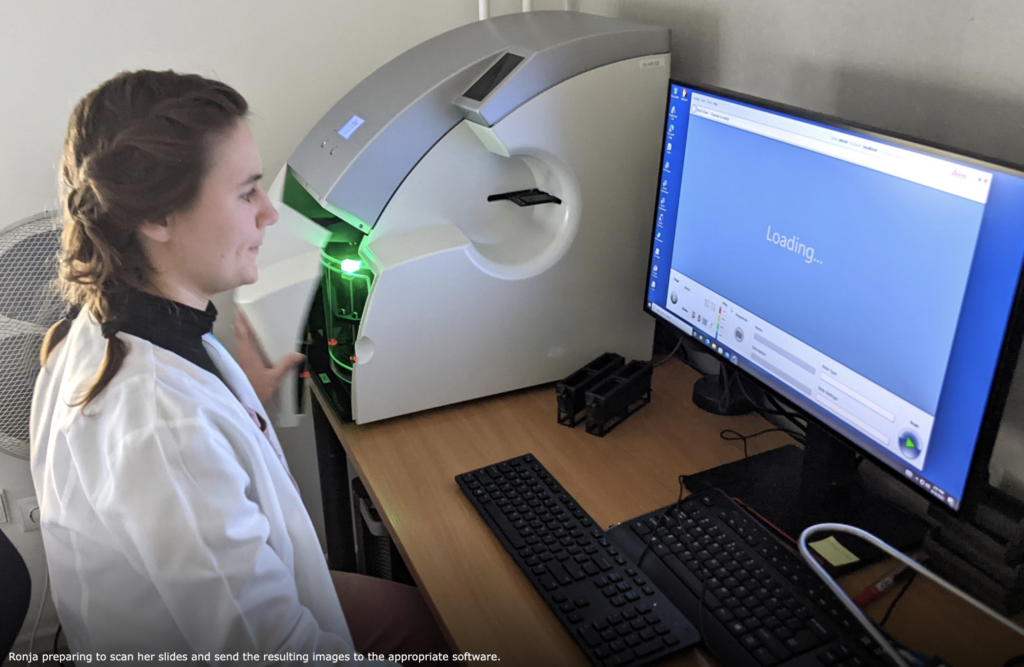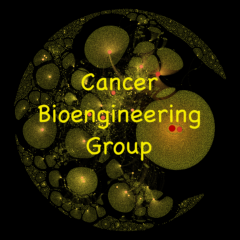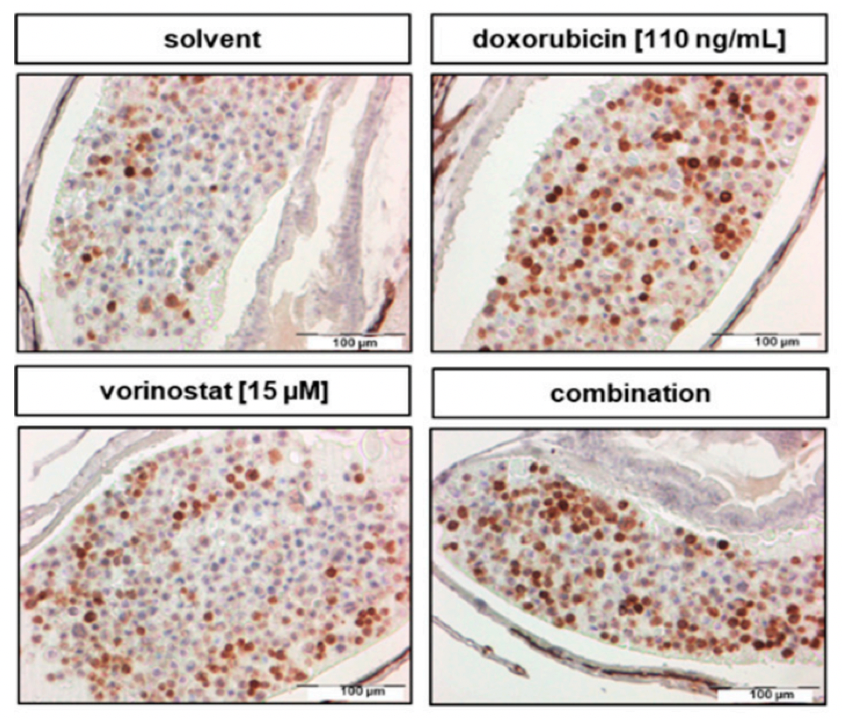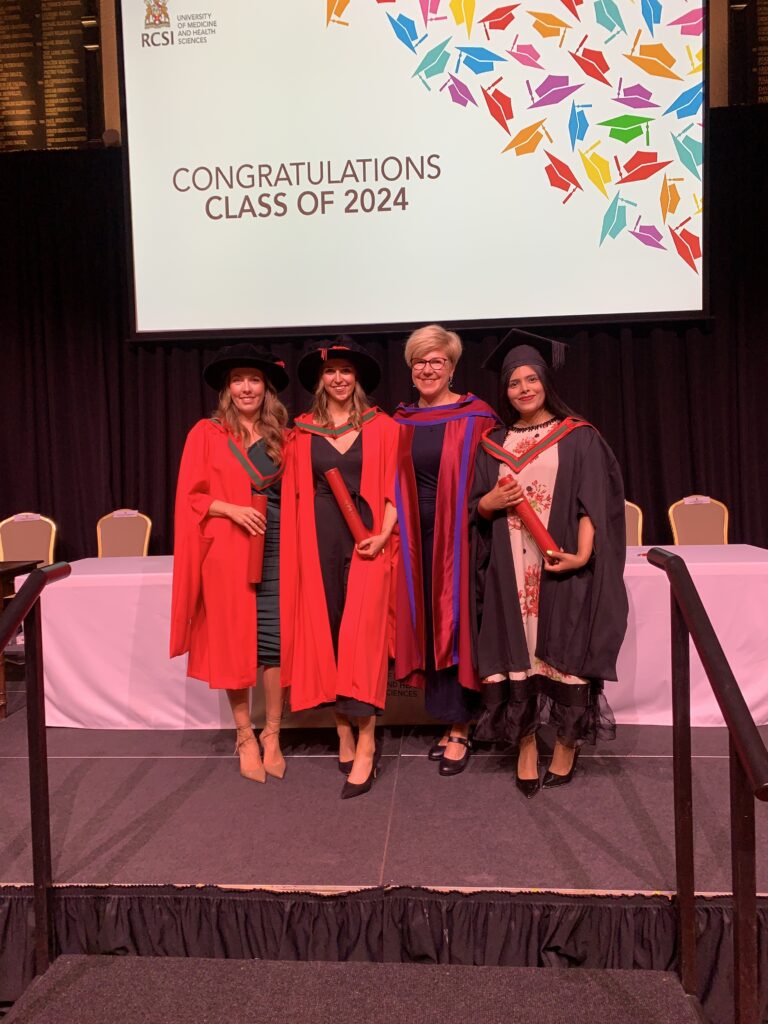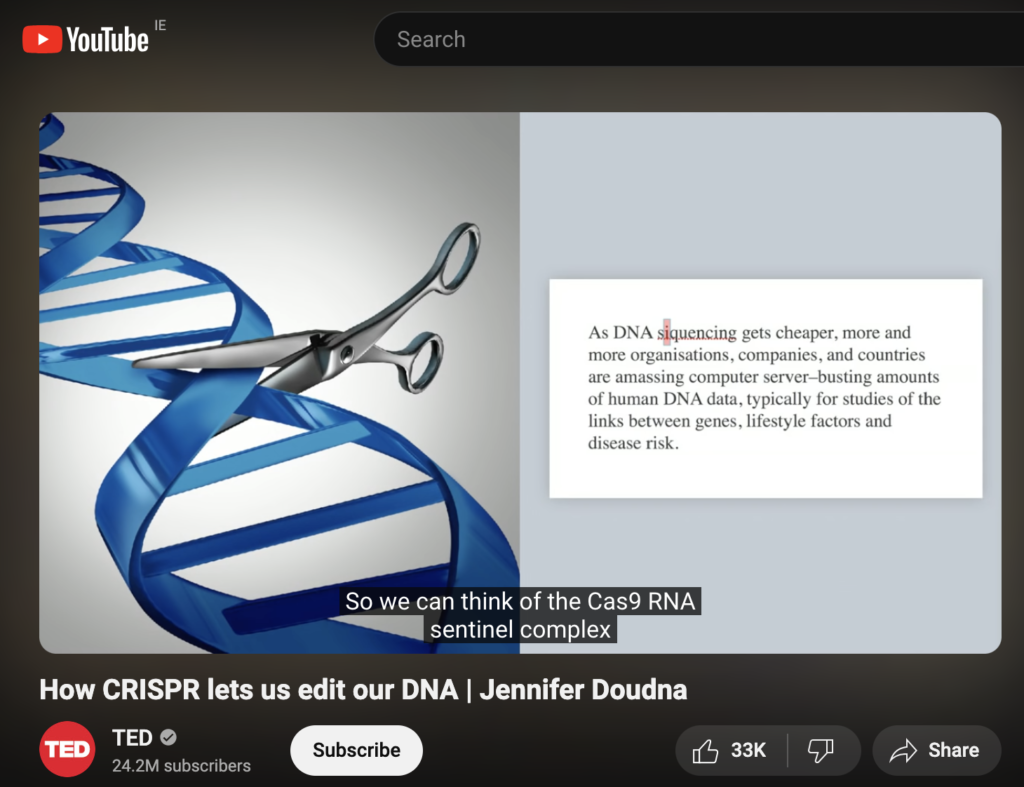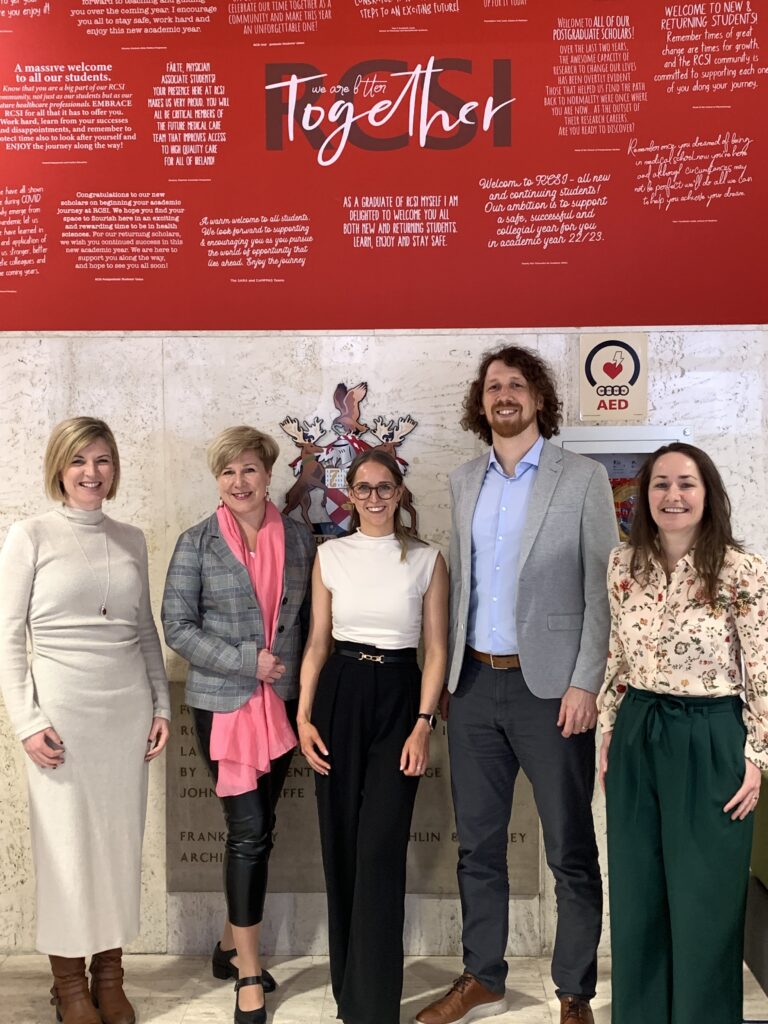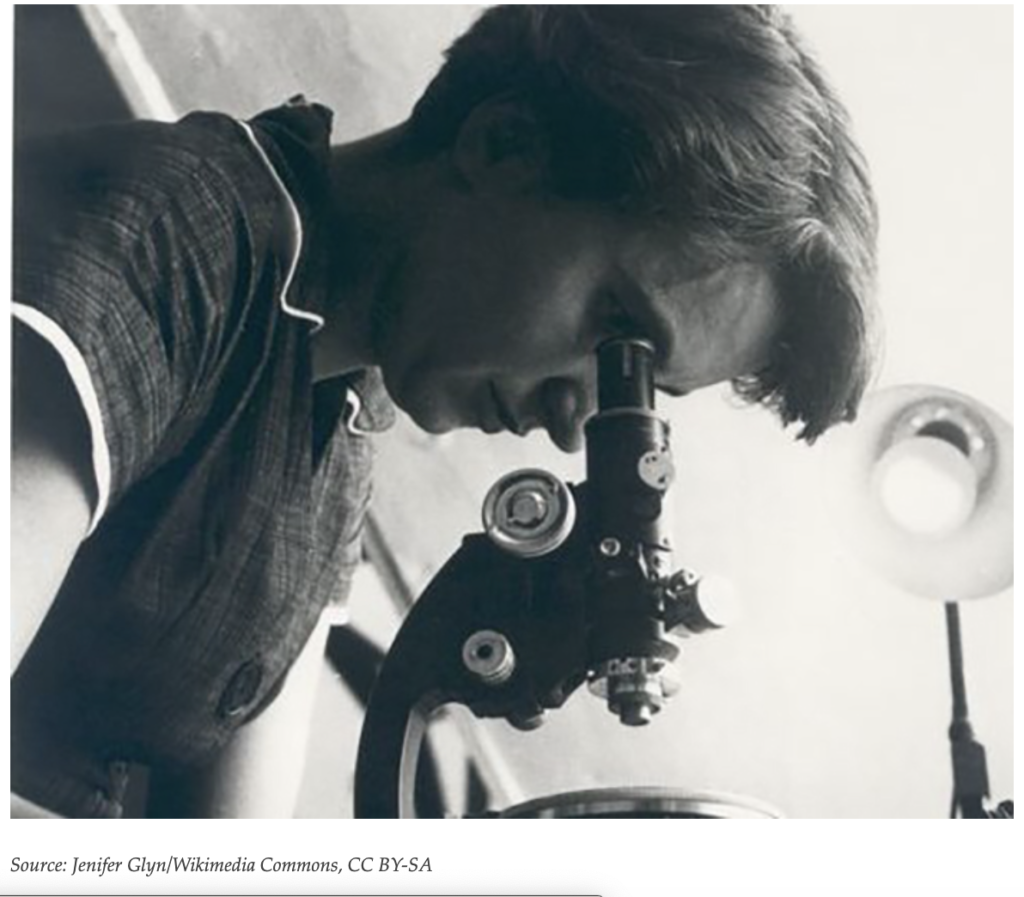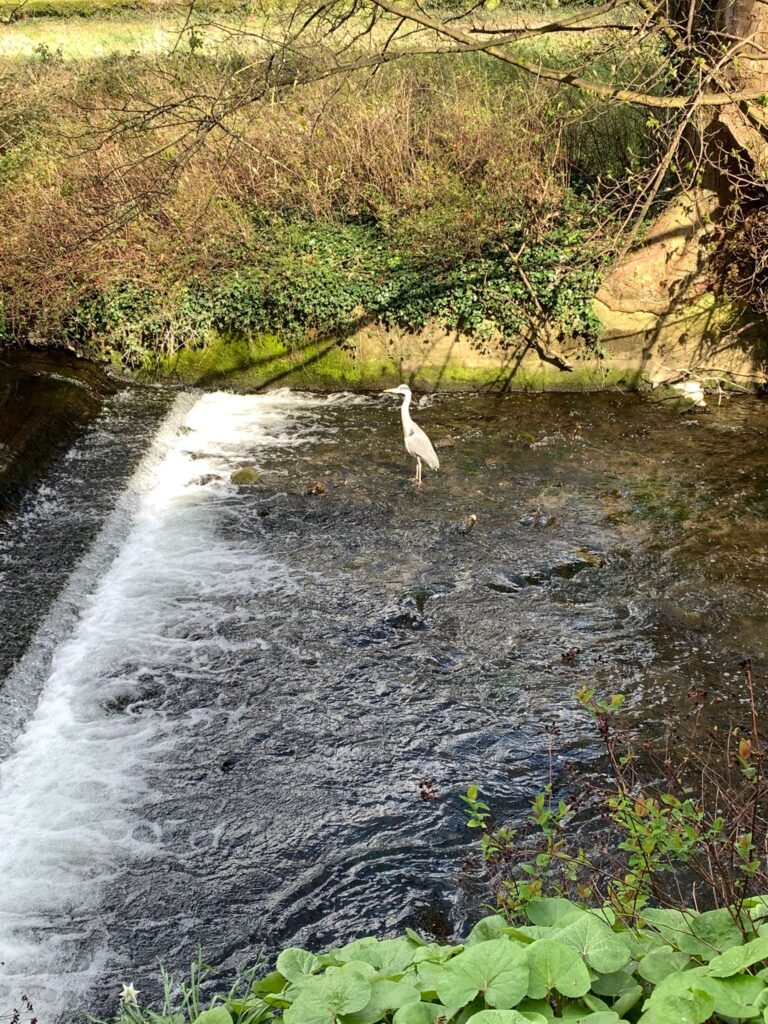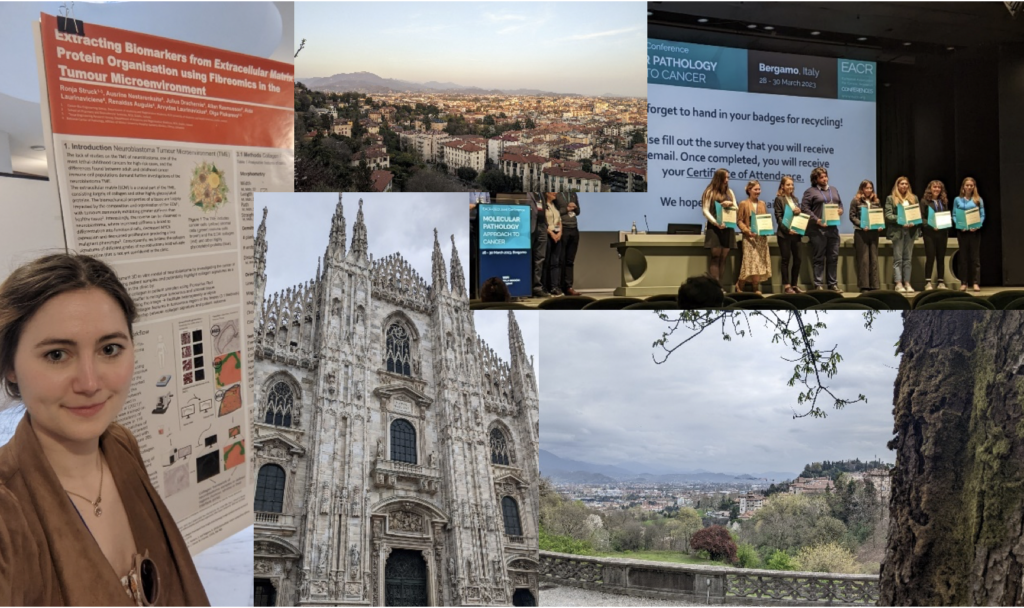On a blog post series of Women in Science by a Cancer Bioengineering lab, you didn’t think you were going to get around reading about Rosalind Franklin, did you? In recent years, she finally started to receive the acknowledgement she is owed, placing her all the way up there in terms of famous scientists with Marie Curie and Albert Einstein.
As mentioned by Ellen last week, there were only ever 13 women to win the Nobel Prize in Physiology or Medicine. But in 1962, it was erroneously bestowed upon three men for the scientific breakthrough of a woman. This blog post would just as well fit into a true crime in science series.
All down to misogyny and a single piece of evidence: Photograph 51, an X-ray crystallography of the structure of DNA viewed perpendicular to the DNA fibre axis, revealing the double helix structure.
You will likely all remember James Watson and Francis Crick from biology classes in school. You were probably taught that they figured out the structure of DNA.
But at the same time, they worked together in Cambridge, Franklin was working together with her PhD student Raymond Gosling at Kings College in London. Forced to work alongside Maurice Wilkins, who did not take well to her confident, goal-oriented ways, which led her to criticise her well-respected peers and dared to interrupt and correct them.
Leading to her downfall in the race with Watson and Crick was that Franklin complied with her understanding of scientific ethics, and rather than rushing to publish her findings, she sought to verify them and replicate the findings in Photograph 51.
Betrayed by her colleague Wilkins after ample tensions over the years. He passes her priceless finding to the competition, allowing Watson and Crick to model the double helix, publish a breakthrough paper and relegate her to a methods paper in the same issue of the nature journal.
Tragically, her young death at 37 from ovarian cancer prevented her from witnessing the Nobel Prize being awarded for discoveries in the molecular structure of DNA four years later. Which in 1962 was not to be awarded posthumously. Instead, her reputation for years was dominated by the more than unflattering recollections in James Watson’s biography. The book clued the public into the crimes the three men committed. All the while tarnishing Franklin’s name, portraying wildly misogynistic images and downplaying her indisputable contribution to science. Only after society as a whole changed its views on women and misogyny did perceptions of Rosalind Franklin and James Watson finally get corrected.
Today, Rosalind Franklin’s legacy stands as a symbol of tenacity, intellect, and an unyielding spirit that will inspire generations to come. It is about time that science books get rewritten to remind us that those are the virtues we should hold in high regard. Rather than the yearning for glory and a legacy that we see in the pressure to publish, the chase of impact factors never intended to rank journals and scientists but as a tool for librarians and the impossible climb through academia, forcing impossible expectations on principal investigators to take on endless students and responsibilities. Let’s take this opportunity to refocus and make sure it’s the pursuit of knowledge and answering questions that drive science forward that determine our decisions.
Written by Ronja Struck
